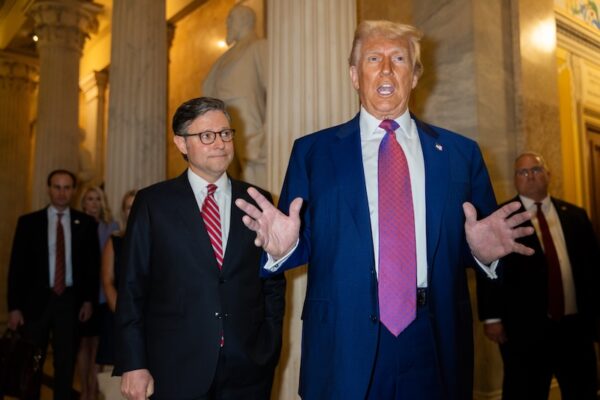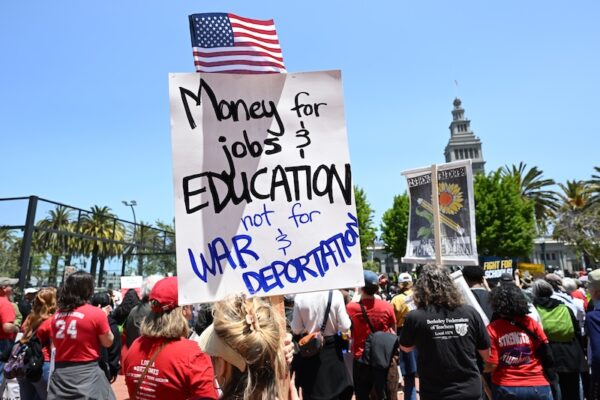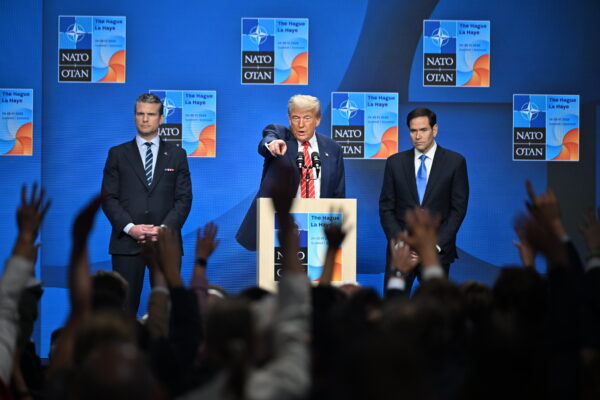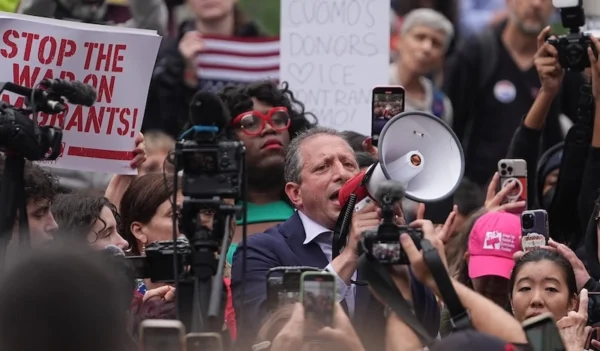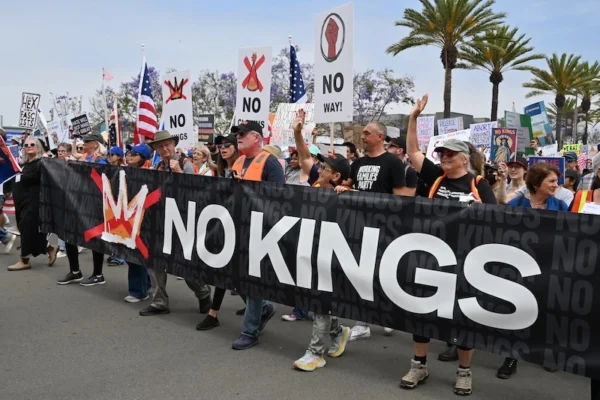System Error, Time to Reset
The recent developments in Syria and Egypt do not only demonstrate the end of the regional order in the Middle East. In a more general sense, the crises in both of these countries and lack of international action have shown the failure of the international system, as we know it. The current system and its elements, such as the U.N. Security Council (UNSC), cannot be considered as a pathway for the resolution of international conflicts anymore as they are increasingly becoming part of the problem.
Debates regarding the future of the international order have been revitalized in recent years with the United States’ debacle in Iraq and the global financial meltdown. The rise of new powers and emergence of new centers of gravity in international relations have further stimulated these debates.
However, the developments in the Middle East in the last couple of years played an important role in signaling the failure of the international system that was formed after World War II.
In these two crises, despite egregious human rights violations, government- sponsored civilian massacres, and the use of weapons of mass destructions, the gatekeepers of international security in the U.N. system seem to be either uninterested or against any form of intervention. While Russia and China have increasingly become the “veto powers” of the system, the U.S. and its two Western counterparts demonstrate an unwillingness to lead and take responsibility.
Under these circumstances, it is becoming extremely unrealistic to expect any constructive role for the UNSC in potential future crises. The old system lost its legitimacy, deterrent capability and international credibility, and is increasingly turning into an analog system – slow to respond, difficult to use, and incapable to handle an increasingly complicated world – in a growing digital age.
This situation puts greater responsibility on the emerging/rising/regional powers in the international system. Efforts by several countries and personalities to reform the U.N. Security Council in the last decade failed due to the resilience of the Cold War powers. The only way to bypass this resilience seems to be the institutionalization of different forms of cooperation among rising democratic countries that would include:
1-) Mechanisms and bodies for the peaceful resolution of conflicts,
2-) Organs that will have deterring and compelling capabilities,
3-) Forums that will provide the opportunity for cross-regional cooperation among states with similar concerns and interests;
4-) Initiatives with a shared perspective of development that would decrease economic disparities and social cleavages.
The formation of such alternative regional or crossregional blocs will also create an important force to democratize and reform the current U.N. system. Only by creating such a mechanism to bypass the old powers we can see a meaningful system of collective security and international cooperation.
Of course, countries like Turkey, whose government has been a vocal critic of the existing international system, must play a significant role in leading this initiative, by forming a forward-looking discourse of international diplomacy to shake the dominant paradigms of the system and promote the relevance of such alternative institutions.
This article was originally published in Daily Sabah on February 28, 2014.









